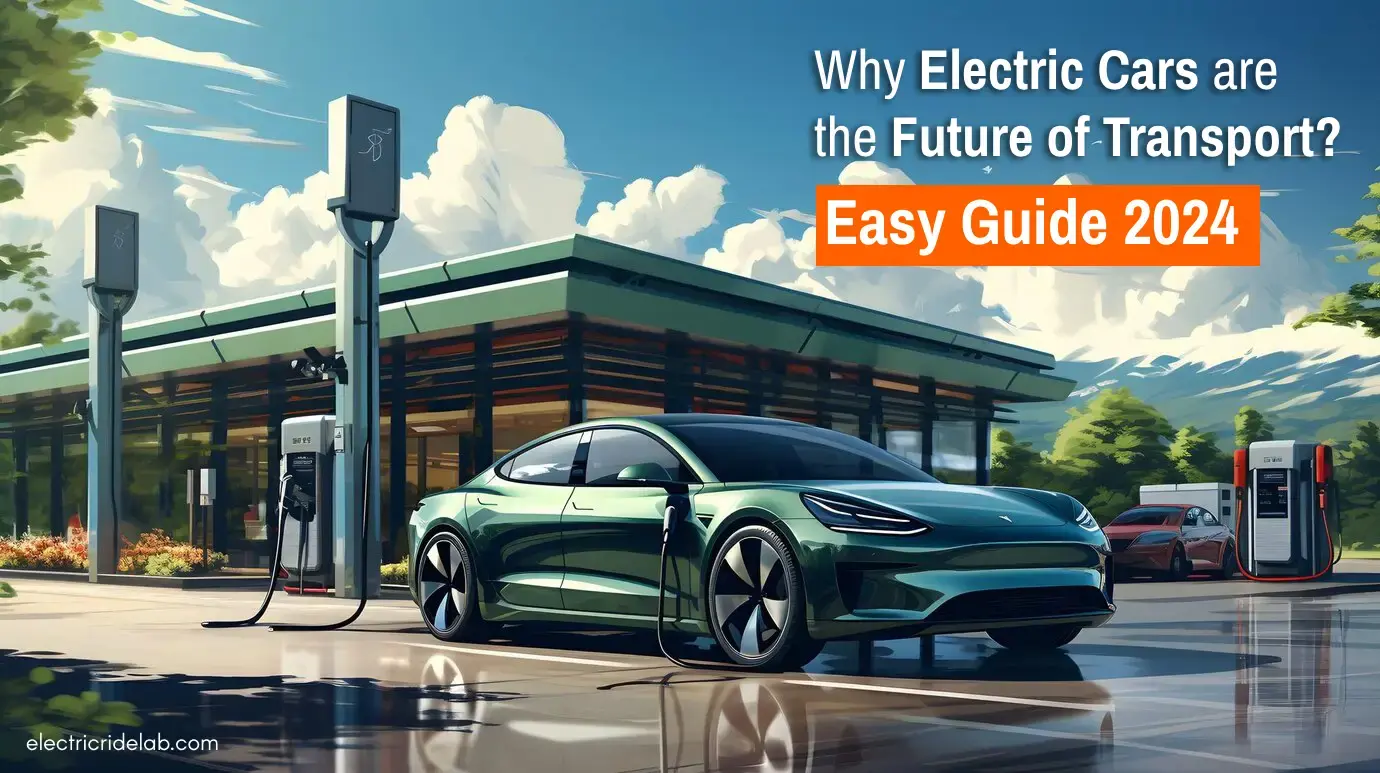Electric vehicles (EV) are becoming increasingly popular because they offer several advantages over conventional gasoline-powered cars. They don’t emit harmful gasses into the atmosphere, they reduce pollution, and they save energy. How Efficient Are Electric Cars? Are they efficient than gas powered vehicles?
In 2016, there were around 2 million EVs on the road worldwide, and sales have been increasing rapidly.
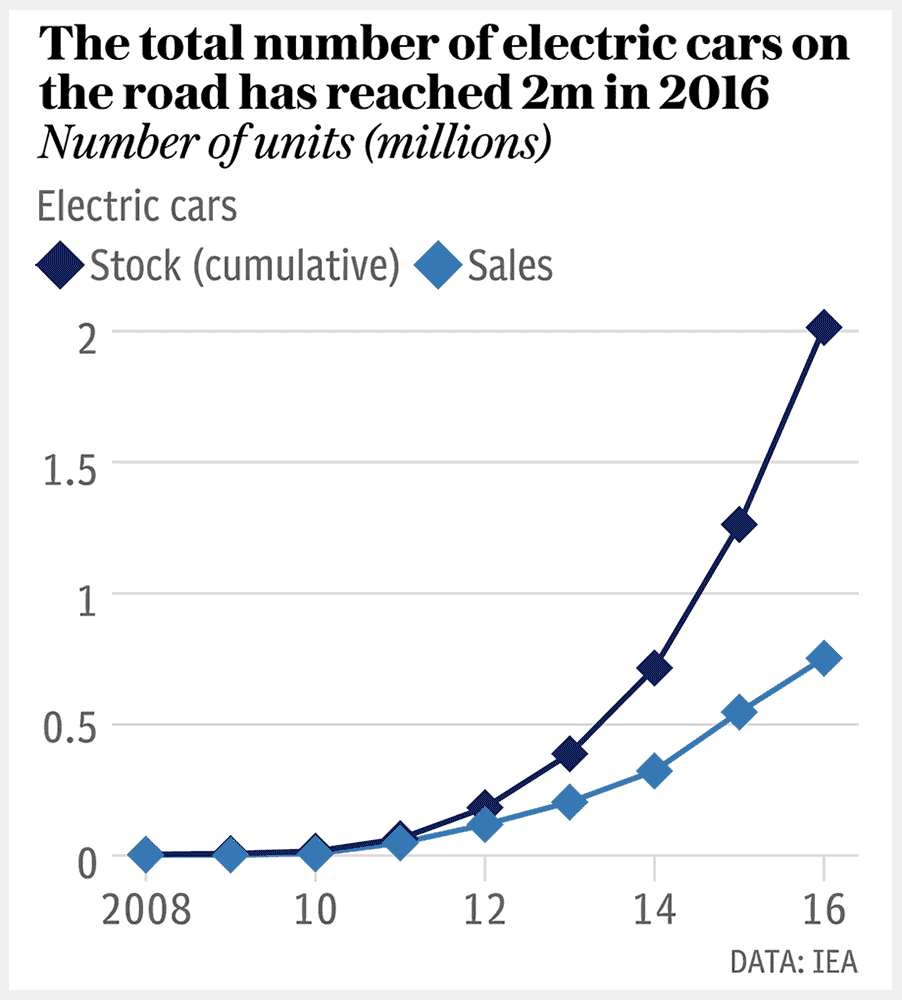
The United States is a leader in this transition, with California being one of the first states to ban gas-powered cars by 2030.
The U.S. has been working towards its goal for years, but it’s not just the government that’s pushing us toward electric vehicles.
With the rising cost of oil, many people have begun looking at alternative sources of power. But many experts believe that we’ve only seen the start of a revolution in the car industry, and this is something that I think we will see develop even further in the future.
So how do electric vehicles work? And how efficient are they really compared to combustion engines? Let’s find out.
How Efficient Are Electric Cars? Are they Efficient Than Gasoline-powered Cars
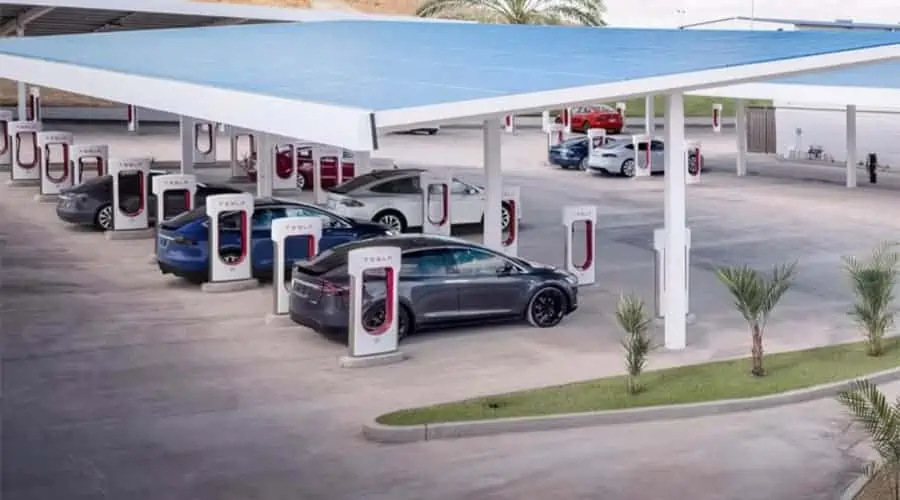
Photo Credited by tesla
It depends on what you mean by “efficient”. The U.S. Department Of Energy defines efficiency as ‘the amount of useful work provided by any unit of energy source’. In this context, the term “useful work” refers to the performance of various components within the engine (such as the pistons) or other mechanical parts (such as the transmission).
Efficiency is expressed in terms of the ratio between the maximum output of a component and its input. The reason efficiency is considered important is because it has a direct impact on greenhouse gas emissions, the lifespan of the vehicle, and the longevity of its components.
When it comes to greenhouse gasses, efficiency impacts all aspects of the car – including the materials used to build the body, the engines used to convert chemical energy into mechanical work (power), the design features incorporated into the car (e.g. aerodynamic shape), as well as the efficiency at converting heat into usable energy.
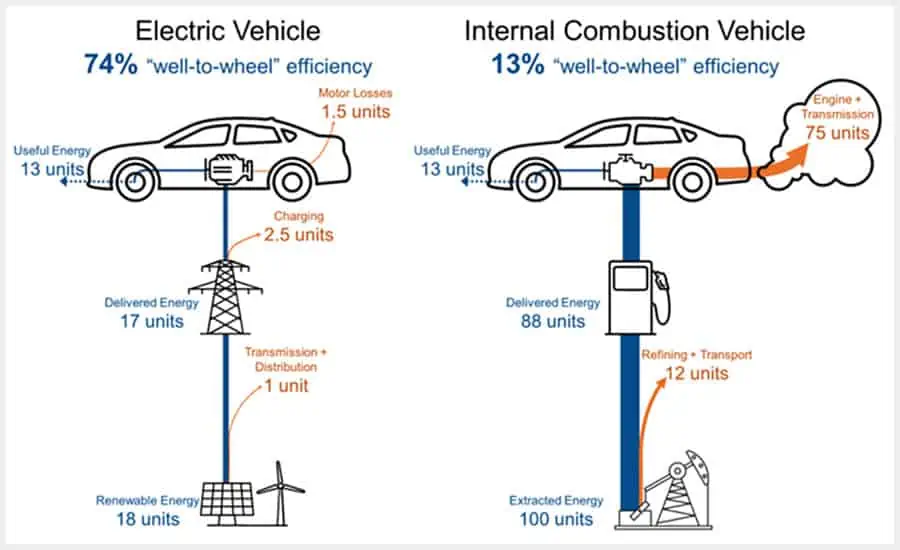
Are Electric Vehicles Beneficial Over Internal Combustion Vehicles? (jeuneurope.com)
Since most of the energy expended during operation is converted into waste heat rather than useful work, reducing the losses associated with the conversion process will improve the overall efficiency. In cases where power generation technology has improved enough to enable the use of high torque electric motors, efficiency also improves because the loss of energy caused by slip friction in the gearbox is eliminated. Finally, efficiency also impacts the lifespan of the motor(s), battery pack, electronics, etc., because these systems require regular replacement should they fail prematurely.
How Efficient Are Electric Cars
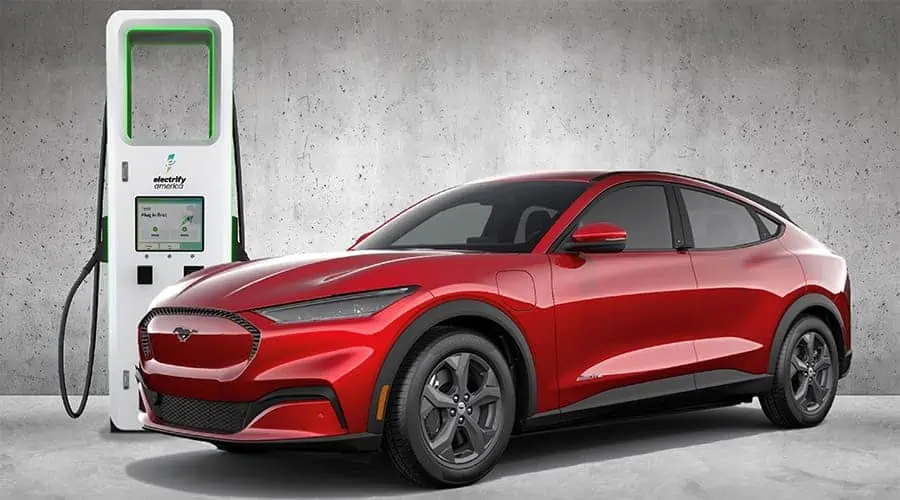
Photo Credited by tesla
Another way to view the efficiency aspect of an electric versus a conventional car is that the overall energy consumption rate for an electric car is roughly equivalent to that for a conventional car but the electricity consumed is generated using renewable energy sources. As long as those renewable resources continue to be abundant, electricity consumption rates will remain relatively constant. On the other hand, if the prices of electricity rise substantially, then so does the cost of driving an electric car.
While it is difficult to compare the efficiency of different types of vehicles across the board, some generalizations can be made. For example, hybrids generally have better overall efficiencies than pure electrical equivalents. Electric cars tend to perform poorly in terms of efficiency over their lifetimes since many components are not designed to operate efficiently when only powered with stored electricity.
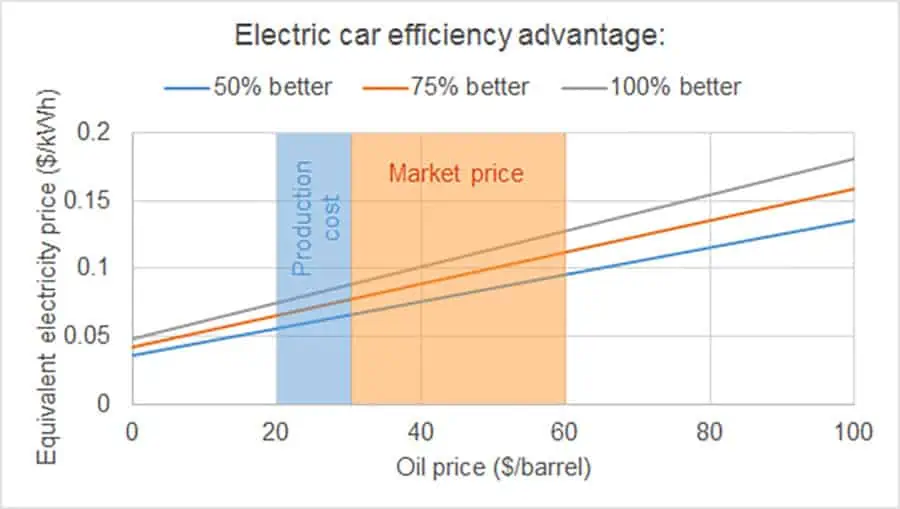
Chart from energypost
However, the efficiency numbers do change based upon the type of vehicle being compared; the best electric cars of today generally outperform conventional petrol/diesel cars. This is primarily due to advances in battery technologies which allow the batteries themselves to be smaller. Larger, heavier batteries require more energy to transport them from one point to another. By comparison, lighter batteries can provide the same level of capacity while requiring less transportation energy.
Additionally, advancements in electric vehicle designs, such as the integration of regenerative braking into the drivetrain, have improved the overall efficiency of an electric car. Regenerative braking captures kinetic energy from the rotating tires and converts it back into electricity which can either be stored or fed directly back into the grid. When combined with advanced battery technology, this allows for the extraction of additional energy by the engine without negatively impacting performance. Such hybridization results in even greater gains in efficiency.
How Green Are Electric Cars?
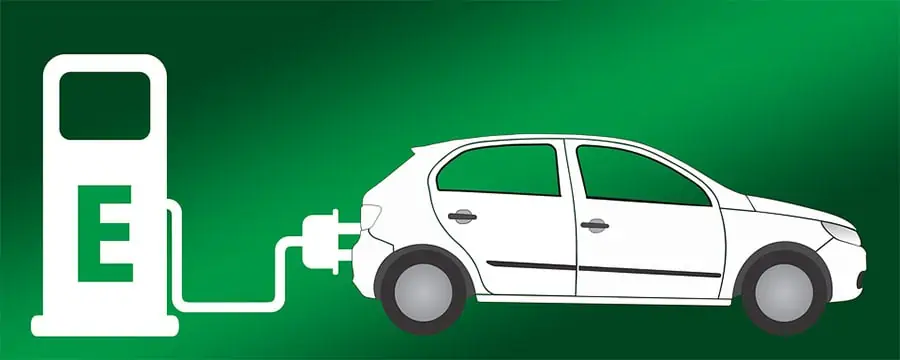
Photo Credited by pixabay
Greenhouse gasses and toxic pollutants are produced when fossil fuels like petrol or diesel are burned. These pollutants cause serious global warming problems. As a result, governments are taking action to reduce carbon emission levels. One way in which they’re doing this is through tax breaks for EV drivers. The government also provides subsidies for those who buy electric cars.
If you want to help save the planet, why not purchase an electric vehicle? By choosing green energy over fossil fuels, you will help to improve global climate conditions and protect our environment. You will also be helping the world become greener because electric cars don’t pollute the atmosphere nearly as much as conventional vehicles. With just a small change in lifestyle choices, we could all collectively see better environmental impact results.
Why Choose An Electric Car?
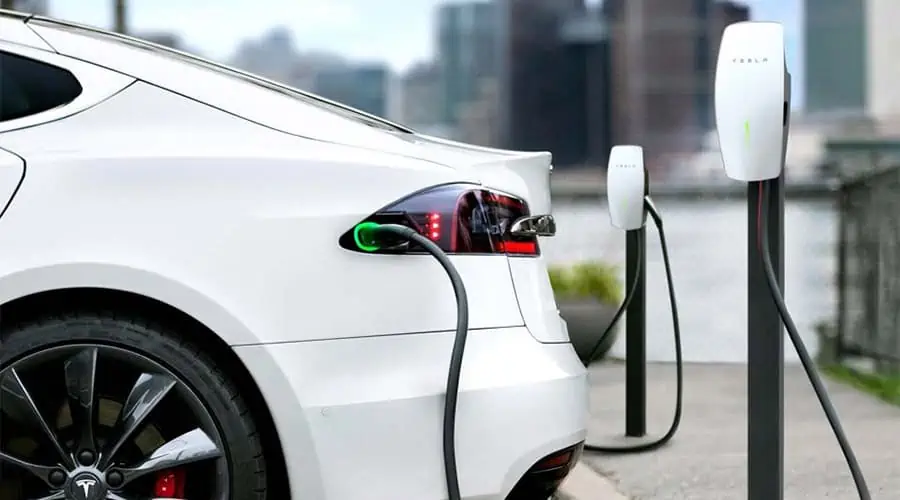
Photo Credited by tesla
There are many reasons why people choose to buy electric cars. Some are interested in saving money on their utility bills by reducing their reliance on fossil fuels. Others do so out of concern for the environment. Either way, these considerations are important enough that consumers should take into account. Here are some reasons why it’s worth considering buying an electric vehicle.
Electric Vehicles Help Prevent Global Warming
One benefit of buying an electric car is that it helps us minimize the effects of climate change. It takes huge amounts of energy to extract oil from shale rock, coal beds, and other sources. We burn these fossil fuels to generate electricity. Electricity powers everything from computers to refrigerators to air conditioners to lights. Without electricity, modern life would come to halt.
Therefore, it makes sense that we stop using fossil fuels and replace them with clean energy alternatives, especially if we can do so without harming the environment. Climate change is already happening. Reducing our carbon footprint just helps ensure that don’t make the condition worse than it already is
Electric Cars Create Less Pollution
When you buy a conventional car, it uses petroleum-based fuel such as petrol or diesel. This fuel isn’t good for the environment because burning it produces dangerous substances such as pollutants and carbon dioxide. However, there are two options available: one is to switch to a hybrid car, which runs on both fossil fuels and battery power. But electric cars offer a cleaner alternative. They use batteries to store electrical energy instead of carrying gasoline around inside the vehicle. Because no combustion occurs, they create less pollution.
Electric Cars Save Money
The average new electric car uses about $100 less energy per year than a comparable gas-powered car due to lower fuel costs. That means that when compared to the initial purchase price of the vehicle the initial cost savings from switching to electric cars exceeds the lifetime operating costs of gasoline vehicles. When you factor in taxes, insurance, and maintenance costs, you may even find yourself paying less overall for your electric vehicle!
Conclusion
Ultimately, the main advantage of electric cars is that they help slow down climate change by avoiding the need to burn fossil fuels. Other environmental benefits include reduced noise pollution, decreased air pollutants, increased fuel security, lower maintenance costs, smaller storage space requirements, lower weight, fewer component failures, etc. Electric cars certainly aren’t perfect and they come with their fair share of issues as well. They still do not deliver satisfying performance in comparison to their conventional counterparts.




